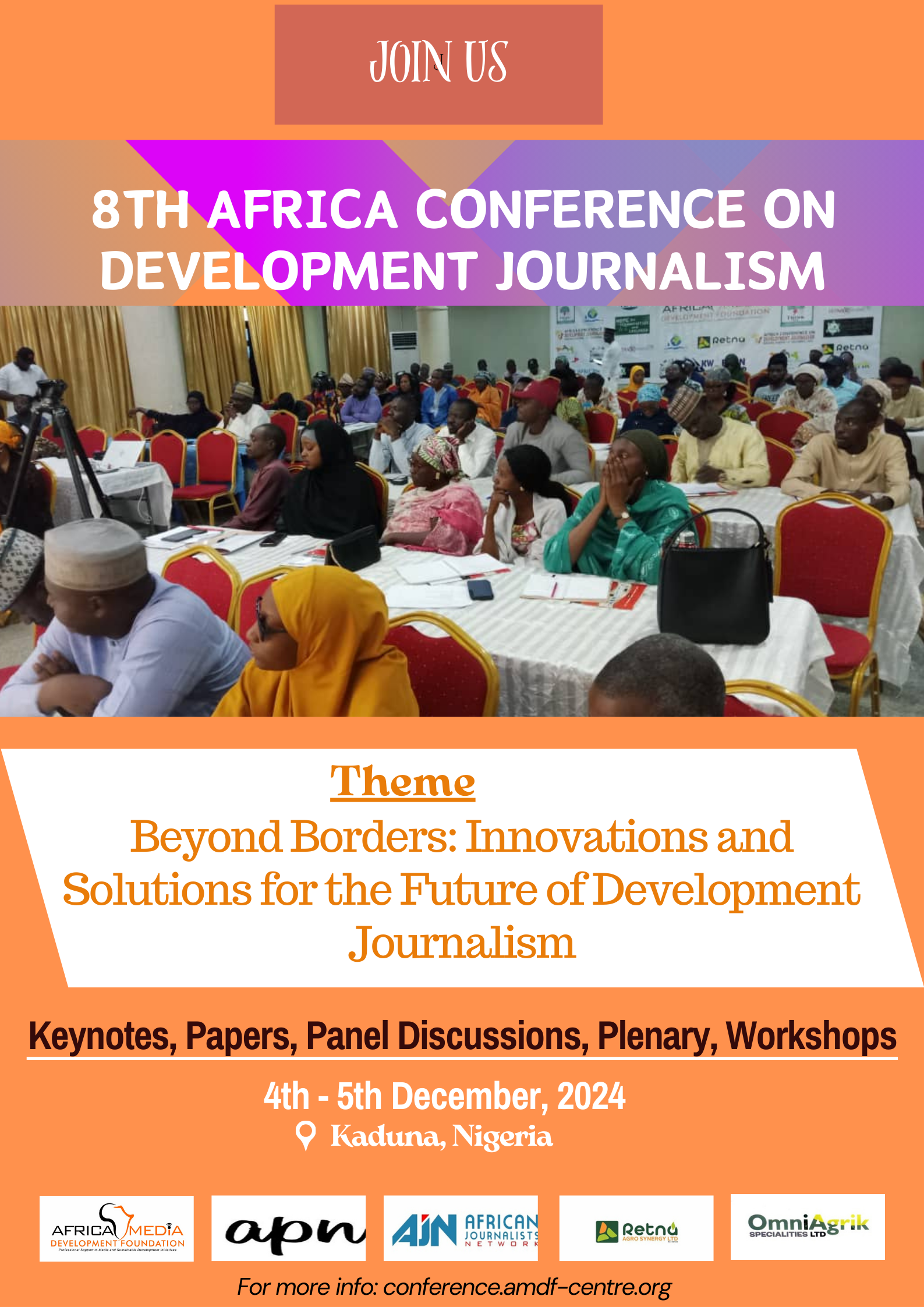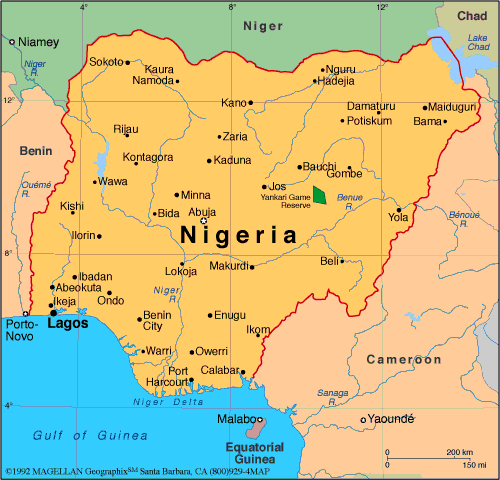By Martha Agas
Primary school education which is already beset with a myriad of problems now faces a fresh challenge – the COVID-19 pandemic.
Since the first case was reported on February 27, 2020, resulting into long periods of nationwide lockdowns, the sub-sector has continued to suffer lots of disruptions with all stakeholders worried over the future of what is naturally the major foundation of all educational pursuits.
UN report said recently that the pandemic had affected 1.6 billion learners in more than 190 countries.
Even more importantly, the report noted, is the fact that the pandemic had further unveiled a notable disparity in the access to education between rural and urban communities, with children in less privileged homes worst hit because they experienced more hardship in adapting to new methods of learning and accessing lessons delivered virtually, through broadcast stations, during the lockdown periods.
In Plateau, the situation has been particularly bad, with the primary school children, whose quality had not been resounding over the years, forgetting how to read or write, when the schools resumed last year, after close to one year of indolence.
Recalling her experience, Mrs Gavou Ambrose, a primary school teacher in Barkin-ladi Local Government Area, said that many of her pupils could barely remember anything.
“When the schools re-opened in my village, many of the pupils did not remember how to read and write. They only remembered their mother tongue. This is because they did not have access to the educational interventions by government during the lockdown.”
Similarly, Mrs Elizabeth Bulus, a widow and firewood seller in Riyom Local Government Area, said that her three children forgot everything about school during the lockdown.
“I am told that lessons were delivered through the radio, but I don’t have one in my house. I commend the Plateau State Universal Basic Education (SUBEB) for that initiative, but I did not gain from it,” she said.
Bulus confesses that she could not do much for the children because of her literacy level.
“I did not go to school, so I was helpless in terms of helping the children in carrying out any academic engagement,” she said.
Mr Dalyop Jugu, a poultry farmer in Rim, a rural community, also decried the hardship children of his community experienced in accessing SUBEB lessons during the lockdown period.
“The children were left idle with no progress in academic activities. When they resumed, they were generally lost without prospects of promotion or admission to higher schools,” he lamented.
For Mrs Keturah Shammah, Executive Director, Girls Education Mission (GEM), children in rural communities will continue to suffer a massive disadvantage because they lack electricity, digital tools, and even financial resources to access virtual lessons or seek online education.
“The effect of that situation is that the children will forget what they are taught in school, leading to declining interest in education,” she said.
As part of its efforts to meet the learning needs of primary school children, the Plateau government transmitted lessons in basic subjects in four broadcast stations in the state.
The gesture was aimed at cushioning the effect of idleness in the children by engaging them while they were at home, during the lockdown period.
Unfortunately, children in the rural areas and urban suburbs, whose parents were mostly poor, either did not have access to the electronic gadgets for the lessons, or struggled with access to power supply or its alternative, to access the short-term education intervention.
Prof Mathew Sule, Executive Chairman of SUBEB, acknowledges that drawback.
“From our findings, children in the rural areas did not access our intervention efforts.
“To mitigate the gap, the lessons were produced in hard copies, specifically for children in rural communities. However, findings indicate that they hardly benefitted from the approach,” he lamented.
But while the Plateau government has organised short term measures, analysts say that there is the need to devise long term measures to strengthen primary education in the state in view of the fact that the pandemic may rage on for a long period.
Some of the analysts have called for improved electricity supply and the installation of digital network in rural areas.
Mr Ismail Abdullahi, a father of 10 children and a truck mechanic in Yelwa Mistagol community in Jos North Local Government, agrees with the analysts.
“For long term interventions, barriers to connectivity must be tackled through strengthening broadcast signals, internet network and expansion of electricity supply to the hinterlands.
“The state government should provide materials for students while at home and dry cell batteries for radio, so that children can congregate in homes where there are radio or televisions sets, in compliance with the COVID-19 protocols.
“I advise government to ask teachers in the rural areas to teach students based on COVID-19 protocols. They should provide free exercise and text books for students, and ensure power supply and dry cell batteries for the radio sets to ease the virtual learning process,” he said.
Prof. Sule, while acknowledging the suggestions, has opined that individualistic learning was the path to tow in the future, to address incidences such as the COVID-19 pandemic or something similar.
“The COVID-19 pandemic is an indication that we should rely on individualistic learning. Children should be able to learn on their own while the teachers would just be facilitators.
“For that to be feasible, subject mastery by teachers must be very effective to enable them break the knowledge in a simple form for the children to comprehend.
“This approach is critical because of minimal intervention by teachers in the learning approach.”
The professor of education foundation has also proposed the adoption of e-learning approach to strengthen primary education amidst the pandemic and beyond.
He says that the method will also assist children in discovering themselves, but adds that it requires government to designate a lot of resources in procuring computers, installing and strengthening electricity and training teachers in using applications of the e-learning facilities.
He also adds that adopting e-learning will increase computer literacy in children and teachers, especially those in the rural areas.
“We intend to improve the situation and convince the state government to do more for pupils in public primary schools and junior secondary schools,” he says.
He also urges the private sector and development partners to assist the teeming population of children in disadvantaged and precarious conditions, through investing in training of teachers on the use of digital resources.
But while SUBEB and other stakeholders battle to mitigate the effect of COVID-19 on primary education, Mr Ayuba Gana, Chairman, Nigeria Union of Teachers (NUT), Plateau chapter, says that fortifying public primary education requires making mandatory the training and retraining of teachers on Information Communication Technology (ICT).
“What it means is that development associations and religious groups should be involved in sponsoring such training. There should be community collaboration with peer group learning encouraged,” he says.
Dr Dakut Dickson, a senior lecturer at the Faculty of Education, University of Jos, supports the NUT boss.
“Virtual learning is beyond the financial capacity of some parents; government must identify parents of low income and provide platforms for them to participate in that new learning process.
“Cluster learning method should be adopted, expanded and sustained during emergencies such as COVID-19, where lessons are organised for few children on household basis by teachers living in their communities,” he says.
This report is part of COVID-19 Response: Together For Reliable Information Project, implemented by Paged Initiative supported by the European Union and Dress Press Unlimited.
News Agency of Nigeria (NAN) Feature






